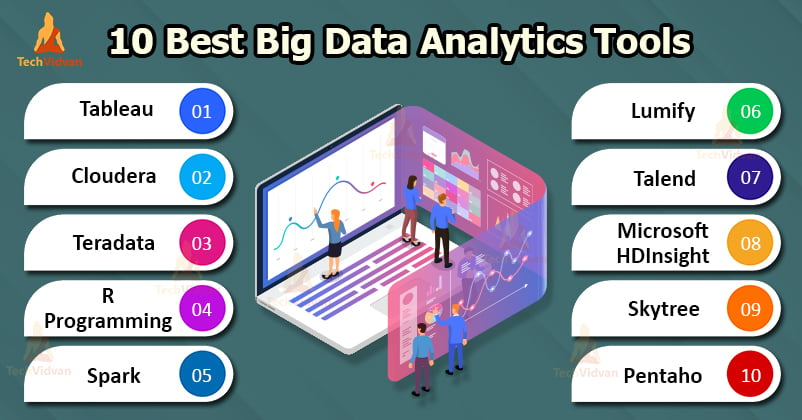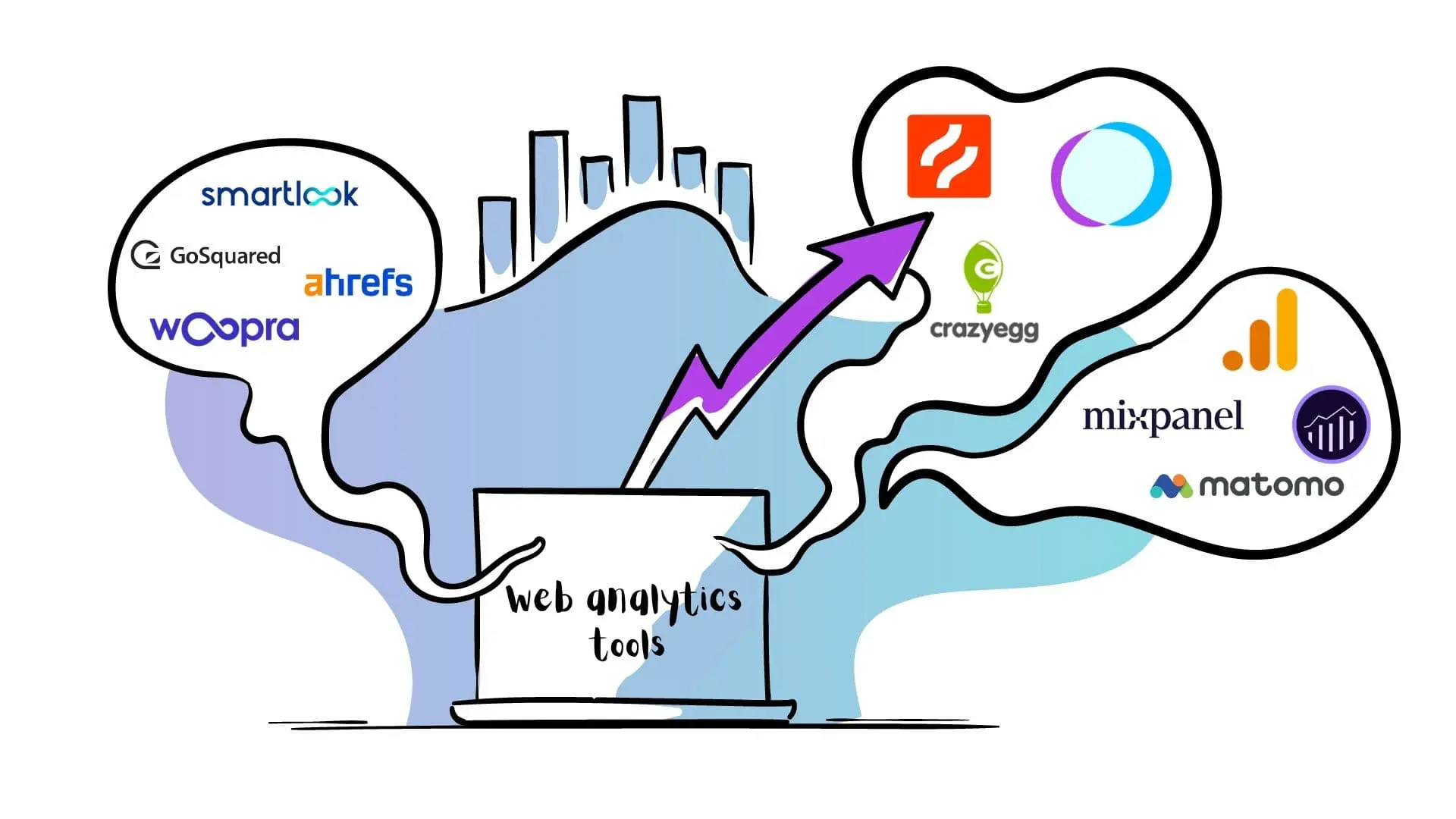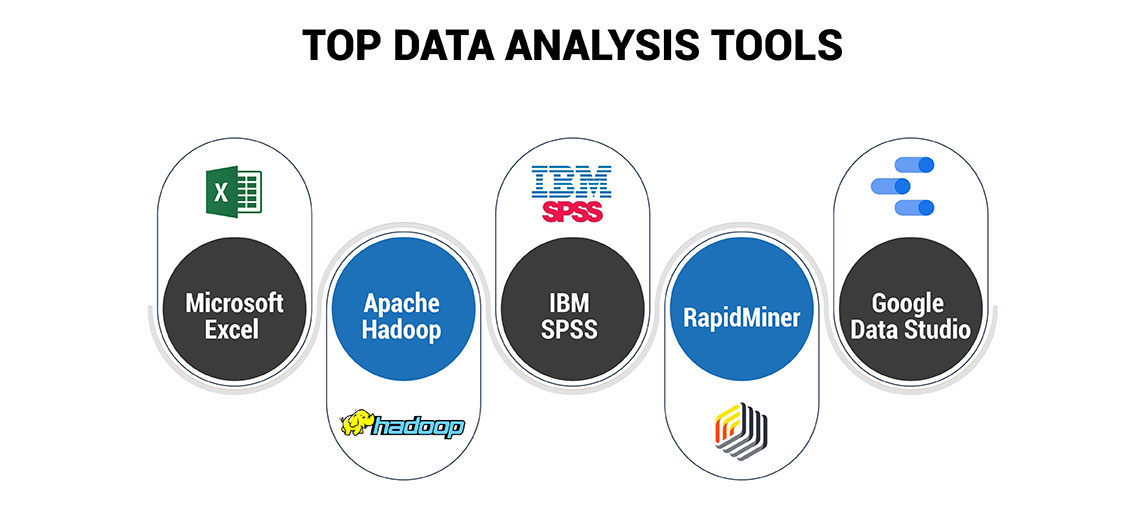Boost Decision-Making Power Via Reliable Analytics Tools
Boost Decision-Making Power Via Reliable Analytics Tools
Blog Article
Optimize Development: Just How Analytics Drive Better Methods
By using data understandings, companies can fine-tune their functional techniques, prepare for market adjustments, and enhance customer interaction. The difficulty lies not only in accumulating information yet in efficiently interpreting it to drive concrete results.
Understanding Data Analytics
Information analytics is an organized computational evaluation of information that enables companies to discover purposeful patterns and understandings. This procedure includes a range of strategies, including analytical analysis, predictive modeling, and information mining, which jointly intend to transform raw data into workable information - Analytics. By utilizing these methods, organizations can make enlightened choices that are rooted in empirical proof as opposed to instinct alone
The structure of information analytics hinges on its ability to take care of huge quantities of information from diverse sources. This includes structured data, such as databases, and disorganized information, consisting of social media communications and customer comments. With using specialized software program and devices, analysts can draw out and refine this information effectively, identifying trends and relationships that may not be instantly apparent.
Understanding data analytics likewise involves acknowledging the relevance of data high quality and integrity. Exact and reputable information is important for significant evaluation; therefore, companies have to apply durable data administration practices. Moreover, the iterative nature of analytics permits constant refinement and renovation of techniques, ensuring that companies stay agile when faced with changing market characteristics and customer behavior.
Trick Advantages of Analytics

One of the crucial benefits of analytics is its ability to supply workable understandings. Organizations can swiftly analyze huge quantities of data, discovering patterns that may not be promptly evident. This aids in anticipating market changes and adapting techniques accordingly. In addition, analytics promotes a culture of evidence-based decision-making, minimizing dependence on intuition and guesswork.
Another substantial benefit is improved customer understanding. Analytics tools enable services to sector their target market, track consumer actions, and individualize advertising efforts. This targeted approach not just improves client interaction yet also drives higher conversion rates.

Implementing Analytics Techniques
To totally realize the advantages of analytics, companies should embrace structured techniques for application. This starts with clearly defining goals that straighten with wider organization goals. By establishing particular, quantifiable outcomes, organizations can focus their analytics efforts on locations that yield the highest possible roi.
Next, organizations need to focus on information governance to ensure the honesty and protection of the data being analyzed. This includes setting up procedures for information collection, storage space, and access while adhering to relevant regulations. Ensuring high-grade data is essential for producing significant insights.
Moreover, cultivating a culture of data-driven decision-making is necessary. This needs training employees to translate analytics findings and motivating collaboration throughout divisions. They are extra most likely to integrate understandings right into their daily procedures. when groups recognize the value of analytics.
Finally, organizations need to on a regular basis assess and refine their analytics techniques. The landscape of information and technology is consistently evolving, and remaining adaptable will certainly enable companies to take advantage of brand-new devices and methods efficiently. this contact form By applying these organized approaches, organizations can make best use of the influence of their analytics campaigns and drive sustainable development.
Devices for Efficient Evaluation
Efficient evaluation counts on a variety of tools that assist in the extraction of insights from information - Analytics. These devices can vary from basic spreadsheet applications to sophisticated equipment finding out platforms, each offering an one-of-a-kind purpose in the analytical process
Information visualization software, such as Tableau and Power BI, plays a critical duty in changing complicated datasets into easy to understand graphical representations. These devices make it possible for experts to identify patterns and patterns swiftly, allowing for more educated decision-making.
Analytical evaluation software, like R and SAS, supplies sophisticated capabilities for conducting in-depth analyses, consisting of regression, theory screening, and anticipating modeling - Analytics. These functions empower organizations to attract meaningful verdicts from their data, recognizing possible chances and threats
In addition, data source monitoring systems such as SQL and NoSQL data sources give the required infrastructure for storing and querying huge volumes of data successfully. They make sure that information is arranged and accessible for evaluation.
Lastly, organization knowledge systems incorporate various information resources, giving an extensive sight of business performance. By using these tools properly, companies can enhance their analytical capabilities, allowing them to create approaches that maximize growth and improve total performance.
Study of Success
Effective organizations typically leverage information analytics to drive impactful strategies, as shown by a number of significant situation research studies. By employing these insights, Netflix has successfully customized its content suggestions, resulting in increased customer interaction and client retention.

Furthermore, Starbucks uses data analytics to figure out optimal shop places and refine its item offerings. By examining client demographics and purchasing patterns, Starbucks successfully identifies high-potential markets and tailors its menu to regional tastes, driving sales and customer commitment.
These study illustrate that reliable application of data analytics can bring about calculated benefits, promoting technology and development within organizations throughout various industries.
Conclusion
Finally, the assimilation of analytics into business methods considerably improves decision-making processes and fosters sustainable development. By leveraging data-driven understandings, companies can identify fads, prepare for market changes, and enhance operations. The reliable implementation of analytics tools better supports dexterity and technology, making it go to these guys possible for organizations to navigate competitive landscapes with greater accuracy. Inevitably, a dedication to analytics not only drives immediate efficiency improvements yet likewise safeguards long-term success in an ever-evolving market.
Data analytics is an organized computational evaluation of data that allows companies to discover meaningful patterns and understandings.Comprehending data analytics additionally entails identifying the value of information quality and stability. Exact and reputable data is important for purposeful evaluation; therefore, companies need to carry out robust information governance practices.Next, companies must focus on information administration to make sure the honesty and safety of the data being examined.Effective site link companies typically take advantage of information analytics to drive impactful methods, as evidenced by several notable instance researches.
Report this page